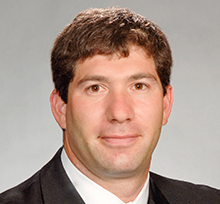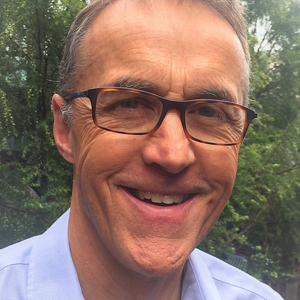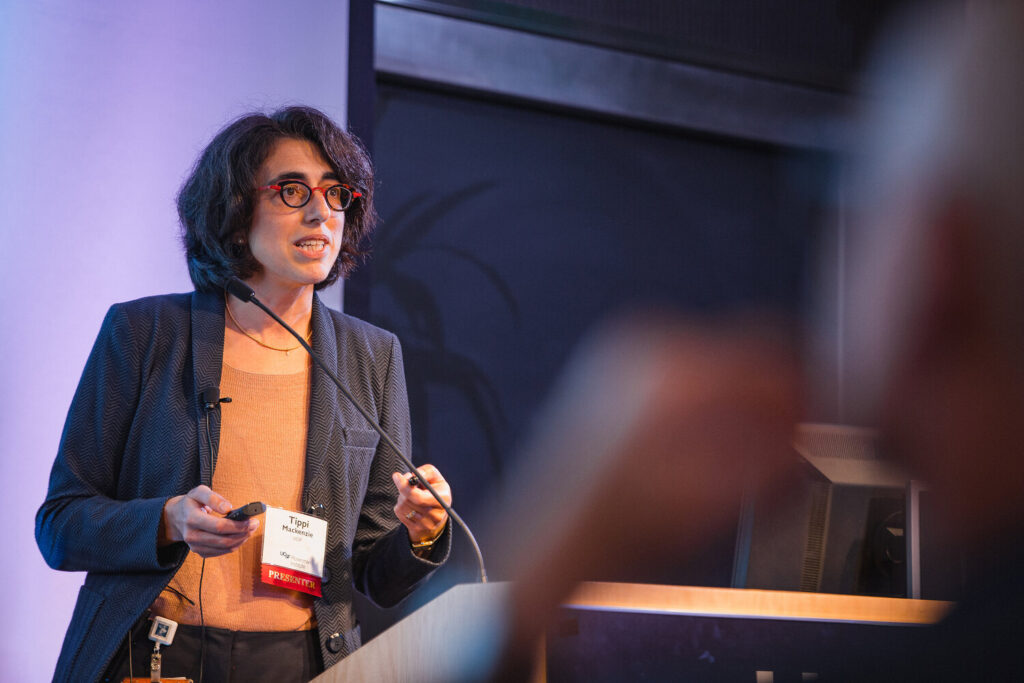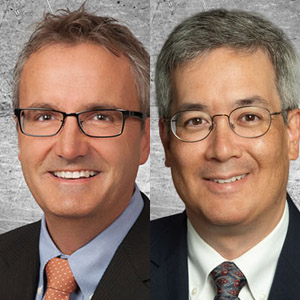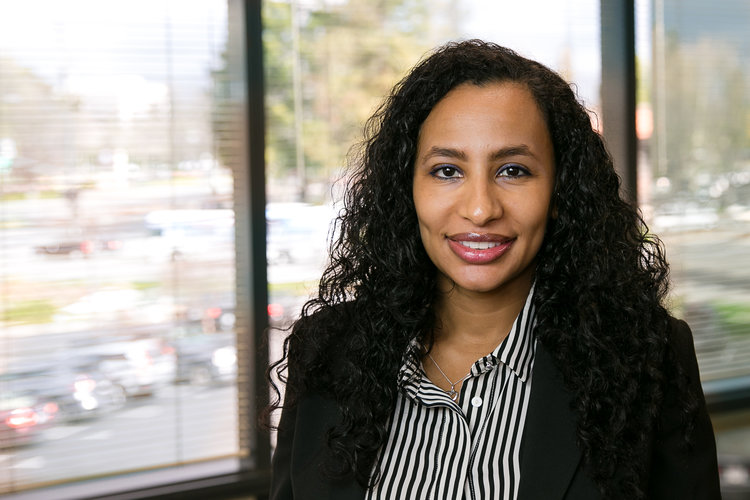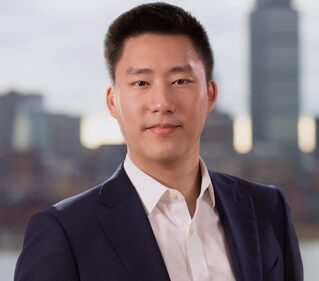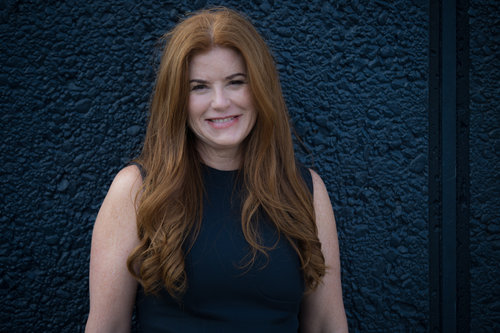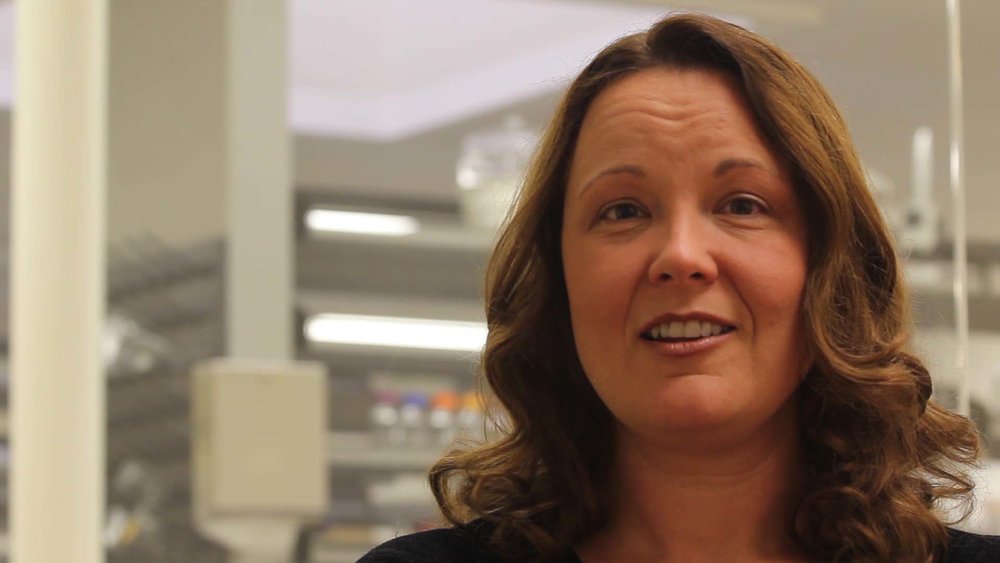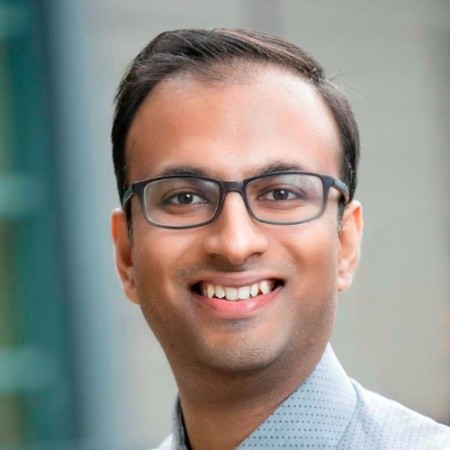
This will be an interactive conversation between Neil and Christine Winoto, Director and Founder of the UCSF Rosenman Institute. When you register, please let us know what questions you would most like answered.

Investors and strategic partners want to understand your intellectual property so they can assess your chances of advancing your technology in the market. How well-developed does your IP position need to be before you can open discussions? Exactly how much should you reveal? And what do you do when your IP is not patentable? Get the answers Tuesday, September 24 from Adam Schoen, Partner at the law firm Brown Rudnick.

Meeting endpoints in a successful clinical trial ensures that the FDA will approve a medical device, right? As it turns out, there’s more to the picture. Tony Fields was VP of R&D at Emphasys and COO at Claret Medical, and in his career he saw FDA deny approval for an Emphasys device that met all primary and secondary endpoints in a trial–but, conversely, approve a Claret device that failed to meet its endpoints. How can this be? What other factors might matter to FDA? Join us Thursday, September 12 to find out.

The Rosenman Symposium is the premier event for the San Francisco Bay Area’s health technology community. It is held annually in June at the UCSF Mission Bay campus. Join us to learn from leaders in the health technology industry, meet dynamic startups, and connect with hundreds of players in the Bay Area ecosystem.

Early-stage companies will have to obtain funding or go through an exit process at some point in time. Since intellectual property (IP) often represents the bulk of an early stage company’s assets, investors will typically conduct due diligence on the IP during their evaluation process. Key areas that are evaluated include ownership of the IP, strength of the company’s IP, and freedom-to-operate. Join us May 30 to get a primer on how to prepare for IP due diligence from Douglas Portnow and Piers Blewett from the IP law firm Schwegman Lundberg & Woessner.

This is the first in a series of events in which we bring clinicians and medical device engineers to discover unmet needs in a specialized area of medicine. In this event physicians will describe how they treat conditions, some of the challenges they face in delivering quality medical care, and possible solutions; engineers will discuss what is feasible and suggest alternative approaches. Join us for an intensely interactive session focused on pulmonary and critical care medicine.

Set yourself up for success in your startup’s approach to effectively navigate the regulatory pathway to market and maximize your interactions with FDA. Join this seminar to hear from Nada Hanafi, Chief Strategy Officer of Experien Group, headquartered in San Jose, CA. This discussion will focus on the critical success factors that go into a comprehensive regulatory strategy and the benefits of FDA’s Q-Submission process for state-of-the-art medical devices and innovative technologies.

By being in a position to see hundreds of pitches a year, VCs benefit from the opportunity to formulate a unique view of the needs, opportunities, trends, and emerging technologies in a market. Want to get a VC’s perspective on the current state of the medtech landscape and how he anticipates making investment decisions in this environment? Join us on March 26 to hear from Kevin Chu of F-Prime Capital.

Entrepreneur Kara Goldin is the Founder and CEO of hint, Inc., a healthy lifestyle brand that produces the leading, award-winning, unsweetened flavored water, as well as a scented sunscreen spray that is oxybenzone and paraben-free.
Kara has received numerous accolades, including being been named EY Entrepreneur Of The Year 2017 Northern California, one of Fast Company’s Most Creative People in Business, Fortune’s Most Powerful Women Entrepreneurs and Forbes’ 40 Women to Watch Over 40. The Huffington Post listed her as one of six disruptors in business, alongside Steve Jobs and Mark Zuckerberg.
Previously, Kara was Vice President of Shopping and E-commerce Partnerships at AOL, where she helped lead the growth of its startup shopping business to a $1 billion enterprise.
Kara is an active business speaker and writer and, in 2016, she launched The Kara Network, a digital resource and mentoring platform for entrepreneurs. She also recently launched the podcast Unstoppable, where she interviews founders, entrepreneurs and disruptors across various industries.

Natalie Wisniewski, PhD, is co-founder and CTO of Profusa, which develops and markets real-time biosensors that provide unprecedented insights into our overall health status. Together, she and her co-founders, executive team, collaborators and advisors built the company road map, enlisted top talent, secured funding and turned innovative concepts into products. Join us to hear the lessons she has learned as a health tech inventor and entrepreneur.

